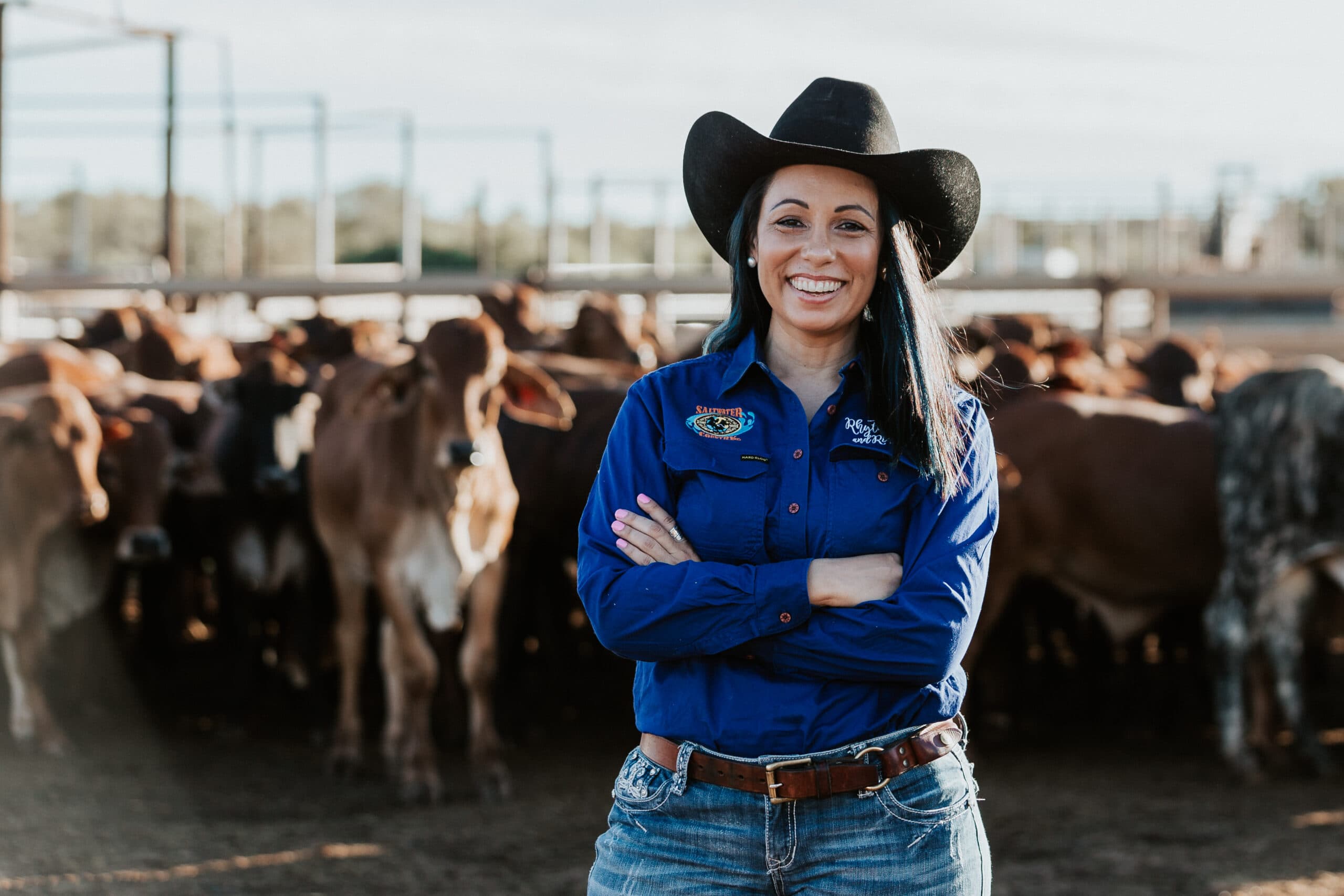Having travelled quite a bit, I have been surrounded by people of different cultures and socioeconomic statuses all facing different biases, as well as people lacking self-awareness in terms of their own biases. I believe that to create change, we need to work through those biases and cultural differences in an intelligent and conscious way.
If you look at the surface of who I am, I’m a female Indigenous entrepreneur and Native Title Lawyer that lives above the 26th parallel. One of the things I’ve always found is that people underestimate me. It could be the way that I dress, the way that I look or the way that I talk.
Some of the biases I face come from the way people think an Indigenous person should be, behave or look. How a woman should be. But what does an entrepreneur look like? What does a lawyer look like?
I used to work at a mine as a superintendent of a relatively decent sized team in community relations and engagement. On one occasion, the global auditors came to site to meet with the superintendent. They looked straight past me and asked one of my team members, “Where is the superintendent?” Of course, they were waiting for an older Anglo guy in high-vis. Instead, they got a short, Aboriginal woman in cowboy boots and a leather jacket.
In my work now, those biases often affect our ability to access funding and resources. We have to fight for that access, and the amount of work we have to put in to get the same result is tenfold in comparison to the quintessential controlling entity in this country – a white man.
I have also experienced bias at an Indigenous roundtable with senior Indigenous leaders from across the country years ago, I was sitting next to one of the Lore bosses from our community and people were surprised that I was there. I was the youngest person at the table, and I was female, and I had something to say.
But I keep pushing my way into the conversation. And I’m lucky enough to be able to do that because I come from a long line of strong women, I’m well educated, and I have a good personal, social and business life. This means I’m able to push the boundaries by being my authentic self, thanks to the work the people before me have done.










